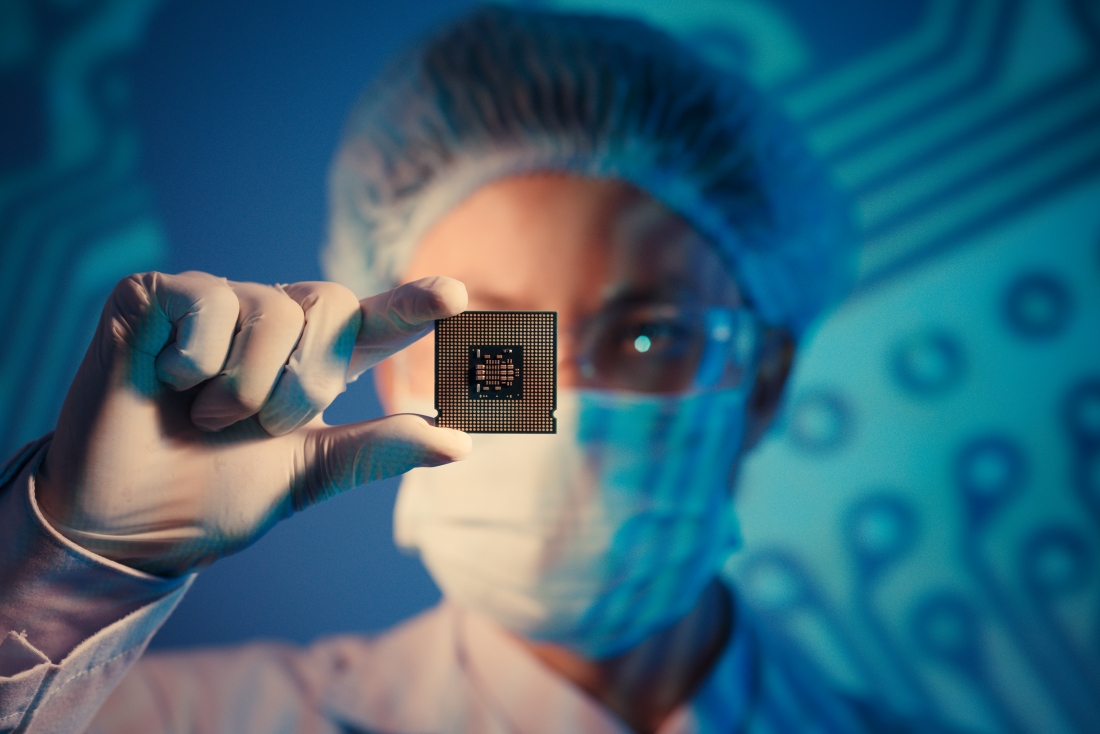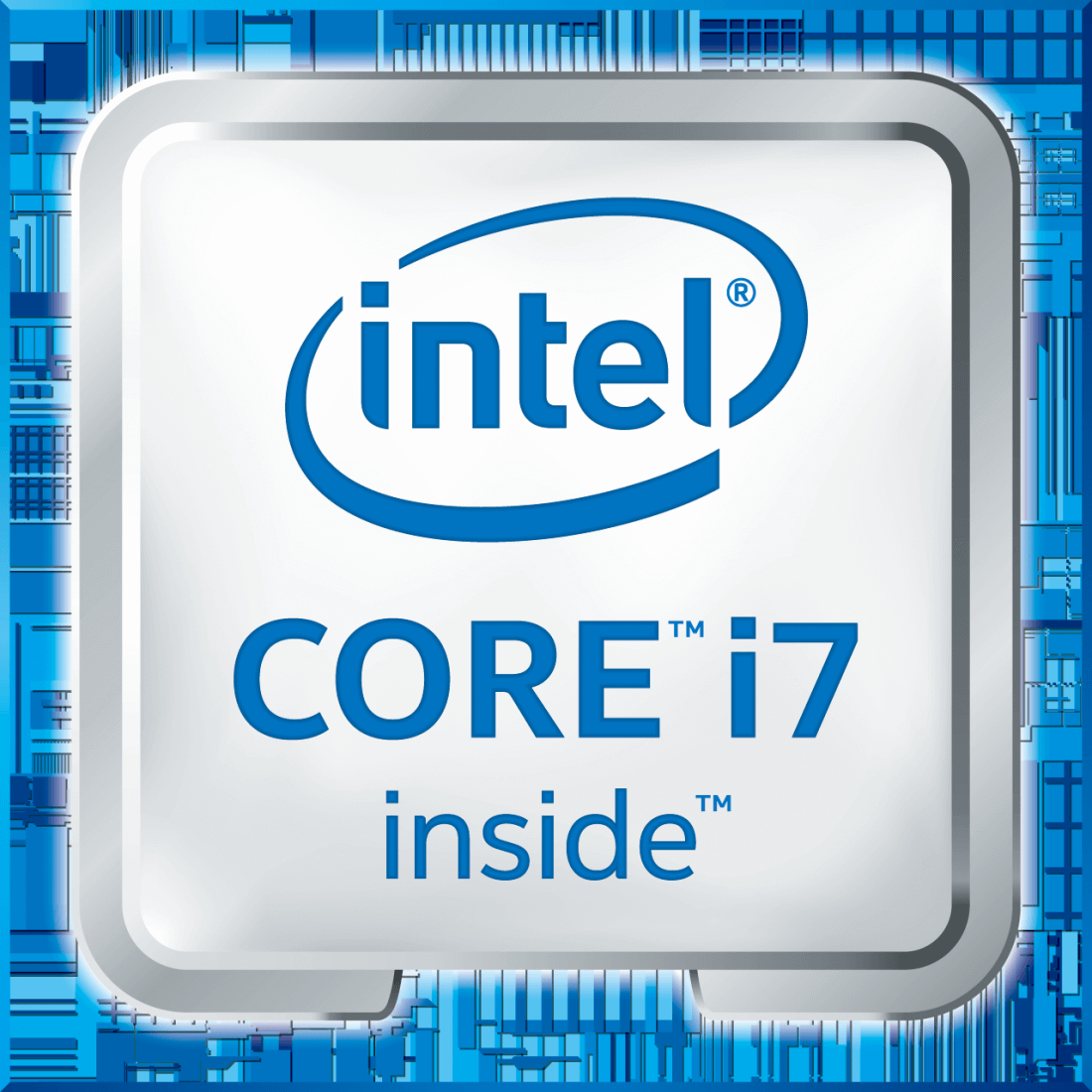
Intel said during its recent quarterly earnings call that it is now shipping its seventh generation Intel Core processors, codenamed Kaby Lake, to manufacturing partners. Systems powered by the new chips should begin to trickle into the market this fall.
Intel’s Kaby Lake processors are notable for the fact that they have native HDCP 2.2 support, native USB 3.1 support and native Thunderbolt 3 support – all at a maximum TDP of 95 watts.
The chipmaker originally planned to have just two chips built using its 14-nanometer manufacturing process – Broadwell and Skylake – but revised those plans a little over a year ago by inserting the 14-nanometer Kaby Lake into its roadmap.
The move broke Intel’s predictable “Tick-Tock” model in which a “Tick” represented a new fabrication process (die shrinkage) of the previous processor design while a “Tock” introduced a brand new microarchitecture. Kaby Lake is described as an “optimization” or refresh of Skylake.

Had Intel stuck with tradition, its next chip would have been the 10-nanometer Cannonlake which now isn’t forecasted to arrive until the middle of next year.
Although it sucks for hardware enthusiasts, you can’t really blame Intel for breaking the cycle. Continuing to shrink its manufacturing process is becoming more difficult with each generation. What’s more, Intel hasn’t faced any real competition in the high-end market since launching its Core series in 2006.
With new graphics cards from both AMD and Nvidia already on the market (coming soon to mobile) and Kaby Lake just around the bend, it may be advisable to hold off on buying a new computer for another few months to take advantage of Intel’s latest and greatest.
Lead image courtesy Dragon Images, Shutterstock
https://www.techspot.com/news/65676-intel-now-shipping-seventh-gen-kaby-lake-processors.html